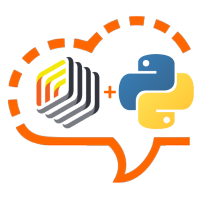While it is obvious that the priority during this pandemic is to cure the sick, to prevent new cases from surfacing and to ensure there are economic and social measures in place to help the people and businesses most afflicted overcome the current situation; without a doubt, in the near future, the analysis of content related to the coronavirus that has been generated by the media and social network users will be the object of research for numerous disciplines such as sociology, philology, linguistics, audio-visual communication, and politics, to name a few.
At MeaningCloud we want to do our bit in this area, by applying our experience and our Text Analytics solutions to analyze the enormous volume of information in natural language, in Spanish and in other languages, in Spain and in other countries, given that, unfortunately, this is a global crisis.
This first article in the series centers on the thematic analysis of content that has been generated in Spanish by digital media platforms in Spain over the last month, how it has evolved during this period of time and the informative positioning of the main media platforms in Spain.
These other articles (only available, at the moment, in Spanish) analyse conversation topics on Twitter in Spain (both from the hashtags and general topics perspective and also applying a specific thematic categorization) and the linguistic analysis of presidential speeches related to this crisis.

 One of MeaningCloud’s goals is providing you with the best text analytics technology to help you better understand your customers and in recent times we have been launching products in this area:
One of MeaningCloud’s goals is providing you with the best text analytics technology to help you better understand your customers and in recent times we have been launching products in this area: 






